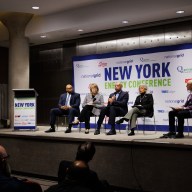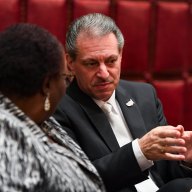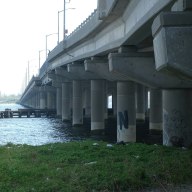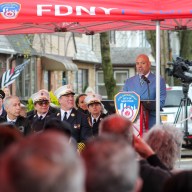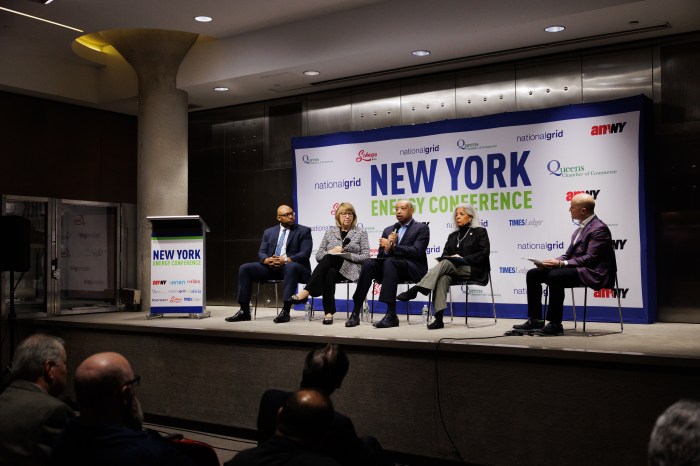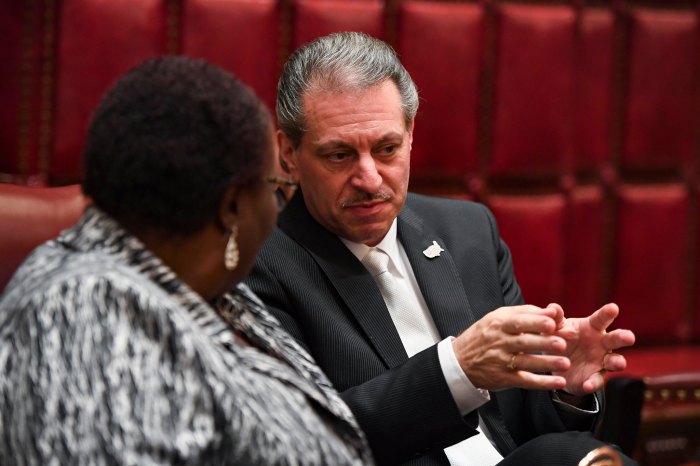By Michèle De Meglio
More than 100 public schools will soon be flying solo. Well, not completely. In a letter sent to principals, Schools Chancellor Joel Klein revealed plans to add at least 150 schools to the city’s “autonomy zone” in September. Schools in this program, which was launched in 2004, have more power when crafting their budgets and making school-based decisions. “The schools in the ‘zone’ will have substantial authority over decisions, including what professional development activities they pursue, how and whether they affiliate in networks, who will lead their networks, and how they spend their resources,” Klein wrote. Schools will also receive “redirected resources so that they can ‘purchase’ key services, such as professional development, either from within the DOE [city Department of Education] or from outside providers, as they see fit,” he explained. However, with these perks come strict requirements. Schools in the “autonomy zone” are held to firm student achievement standards. Entering into “performance agreements” with the DOE, the chosen schools must show significant improvement in student test scores from one year to the next. Schools must also fulfill requirements of a Learning Environment Profile (LEP), which evaluates the quality of conditions necessary to improve a school. These include school safety and parent involvement. For schools that fail to meet standards, the consequences could be extreme. Schools “that meet their agreements will continue to have autonomy – indeed, even more autonomy – over a wide range of school-based decisions,” Klein noted. However, “Those that do not will face real consequences – ranging from specific plans for remediation and careful supervision to closing the school altogether.” Through the “autonomy zone” Klein said he is fulfilling his promise to provide individual schools with additional power, as well as extra responsibility. The program, Klein said, is based on “the core belief that strong school-level leadership empowered to make instructional and managerial decisions and held accountable for performance, will result in high-functioning schools.” More than 50 schools throughout the city are already participating in the “autonomy zone.” In Brooklyn, these include the Benjamin Banneker Academy at 71-77 Clinton Avenue, El Puente Academy for Peace and Justice at 211 South Fourth Street, Explore Charter School at 15 Snyder Avenue, High School for Public Service at 1155 Dekalb Avenue, and International High School at Kingsborough Community College. Also in the zone are three schools at 600 Kingston Avenue – the International Arts Business High School, School for Democracy and Leadership, and School for Human Rights – as well as the International High School at Prospect Heights at 883 Classon Avenue, and Middle College High School at Medgar Evers College at 1186 Carroll Street. Additional schools will be selected to join the “autonomy zone” based on “demonstrated capacity and interest.” The names of these schools will be announced in the next few months.







